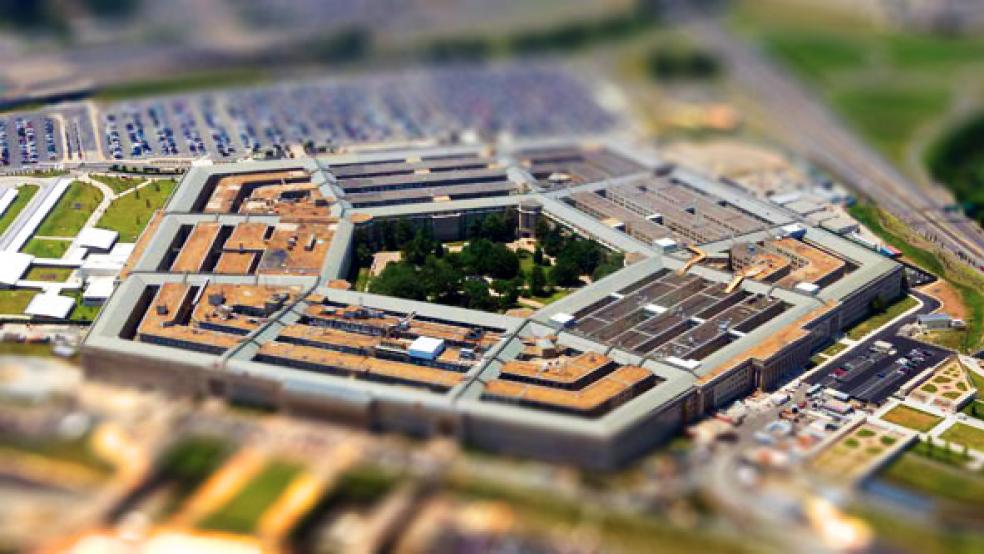The Defense Department just made it extremely difficult for federal auditors to keep track of how billions of dollars are being spent in Afghanistan.
In its quarterly report to Congress, the Special Inspector General for Afghanistan Reconstruction (SIGAR) told lawmakers that the government has classified an “unprecedented” amount of information about the U.S.’s $65 billion dollar efforts to bolster the Afghan National Security Forces.
Related: Pentagon Refuses to Verify $300 Million a Year in Afghanistan is Spent Properly
Everything from the number of troops to the kind of training they’re receiving is now a secret—a big change from the past six years, when all of that information was publicly available and could be cited in federal audits, according to SIGAR.
Now, the auditors say, classifying the increasing amount of information will hamstring their efforts and make it difficult to hold agencies and contractors accountable.
“The decision leaves SIGAR unable to publicly report on most of the $65 billion U.S.-taxpayer-funded efforts to build, train, equip, and sustain the ANSF,” SIGAR’s John Sopko said in the report. “This includes Afghan troop numbers, salaries, training, equipment and infrastructure projects.”
The newly classified data was left out of SIGAR’s quarterly report to Congress released today. Now, it can only be accessed by government officials with the required security clearance.
At the end of last year, the auditors told lawmakers they were concerned about the government’s decision to classify some important information on the Afghan forces mission. But now, they say the new classifications have gone “much further,” including retroactively classifying data that SIGAR has been using every “quarterly report for the past six years to discuss the progress of the ANSF.”
Related: 7 Threats to U.S. Rebuilding Efforts in Afghanistan
Defense officials, for their part, told SIGAR the data is now classified due to security reasons—though they declined to go into detail.
“I cannot comment upon the precise reason why certain information was considered unclassified in the past,” General Campbell wrote in a response to the SIGAR report. “However, I am compelled to also protect the lives of those individuals who could be put at risk by the release of sensitive information.”
The IG’s concerns about the “unprecedented” classification, comes after auditors released several alarming audits detailing the lack of accountability over the Afghan forces.
In one report, SIGAR revealed the government has essentially no oversight of the annual $300 million intended to go toward the Afghan National Police Force’s payroll. The report suggested that much of that money was ending up in the wrong hands.
Now, that information is classified and any new findings on the funding by SIGAR will not be available to the public.
Top Reads from The Fiscal Times:





